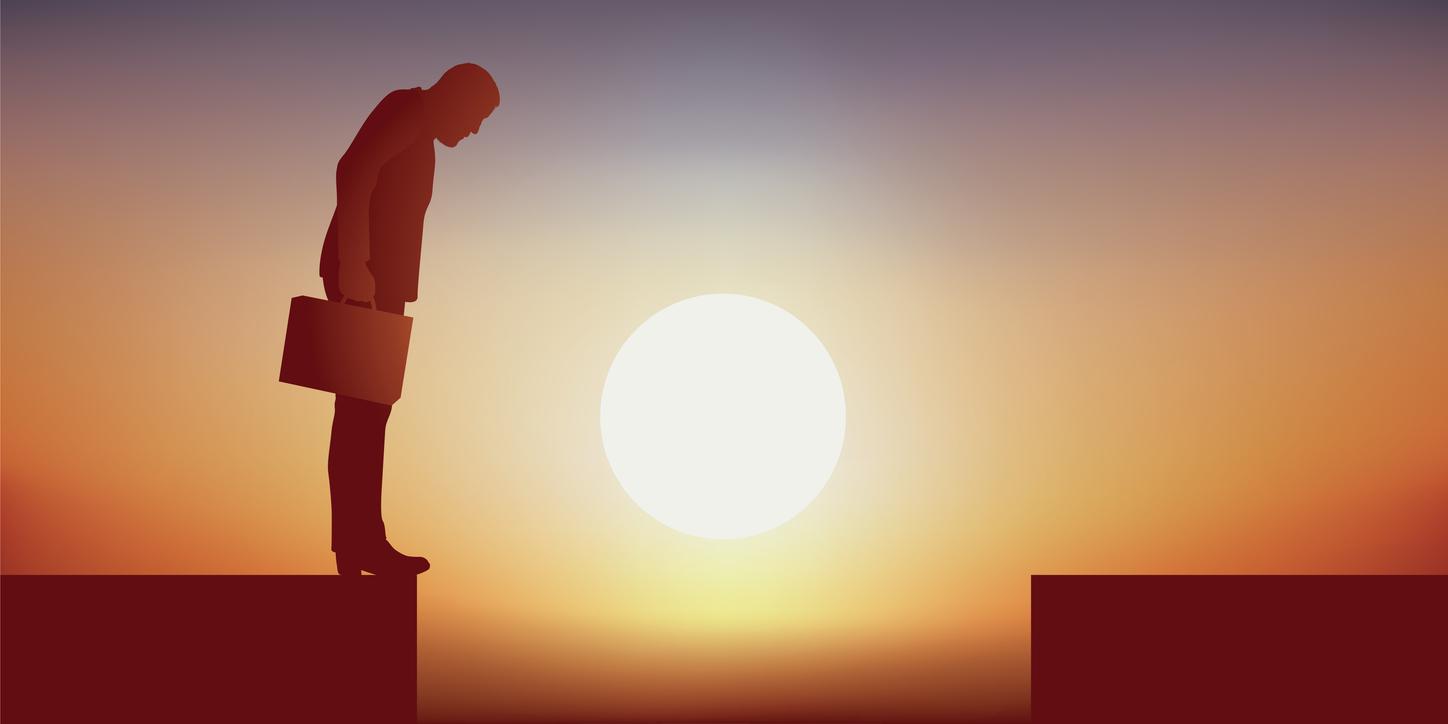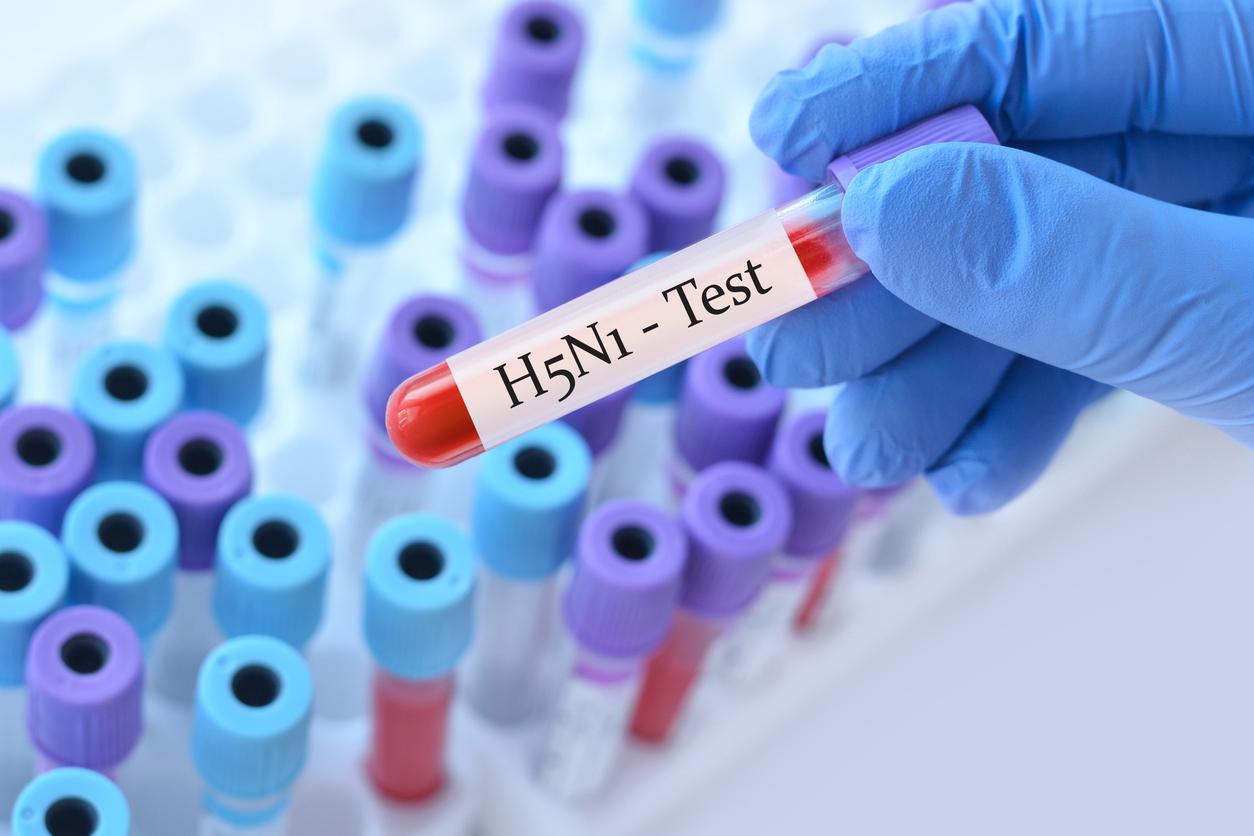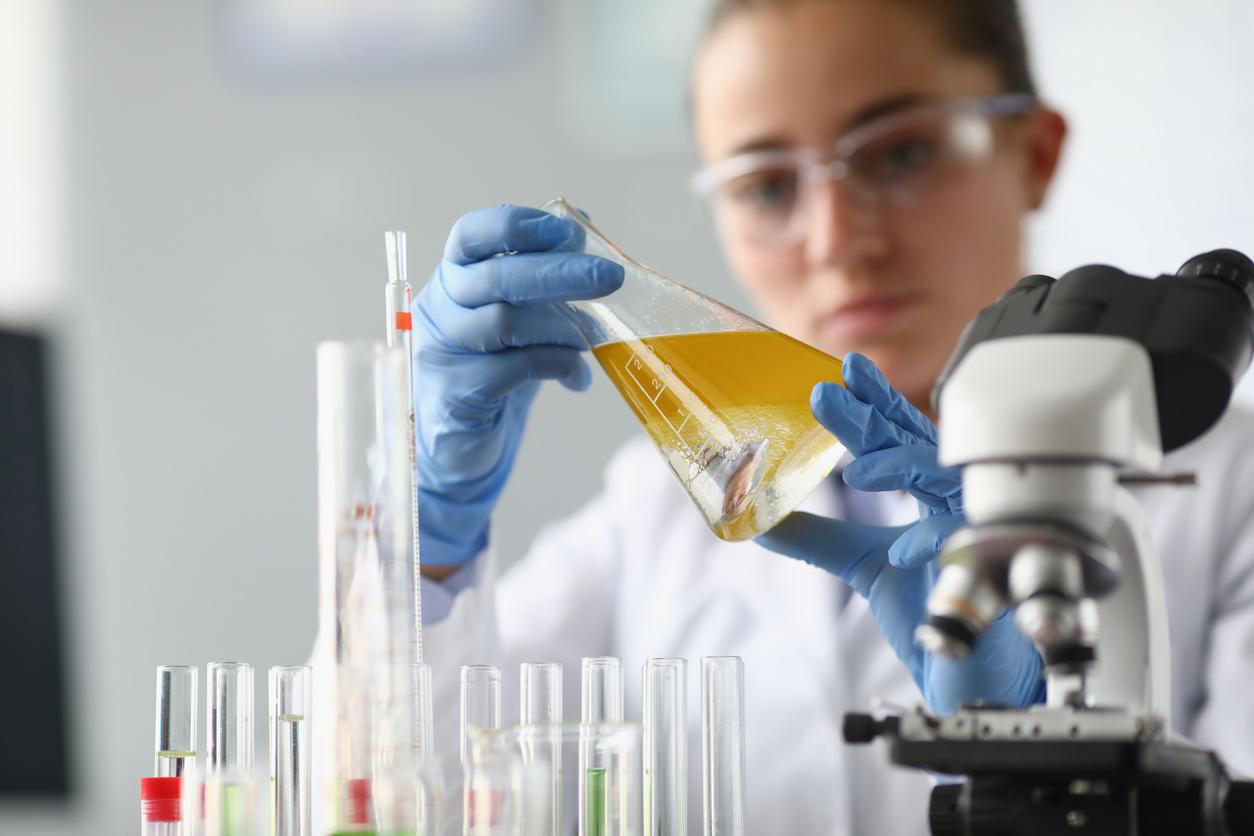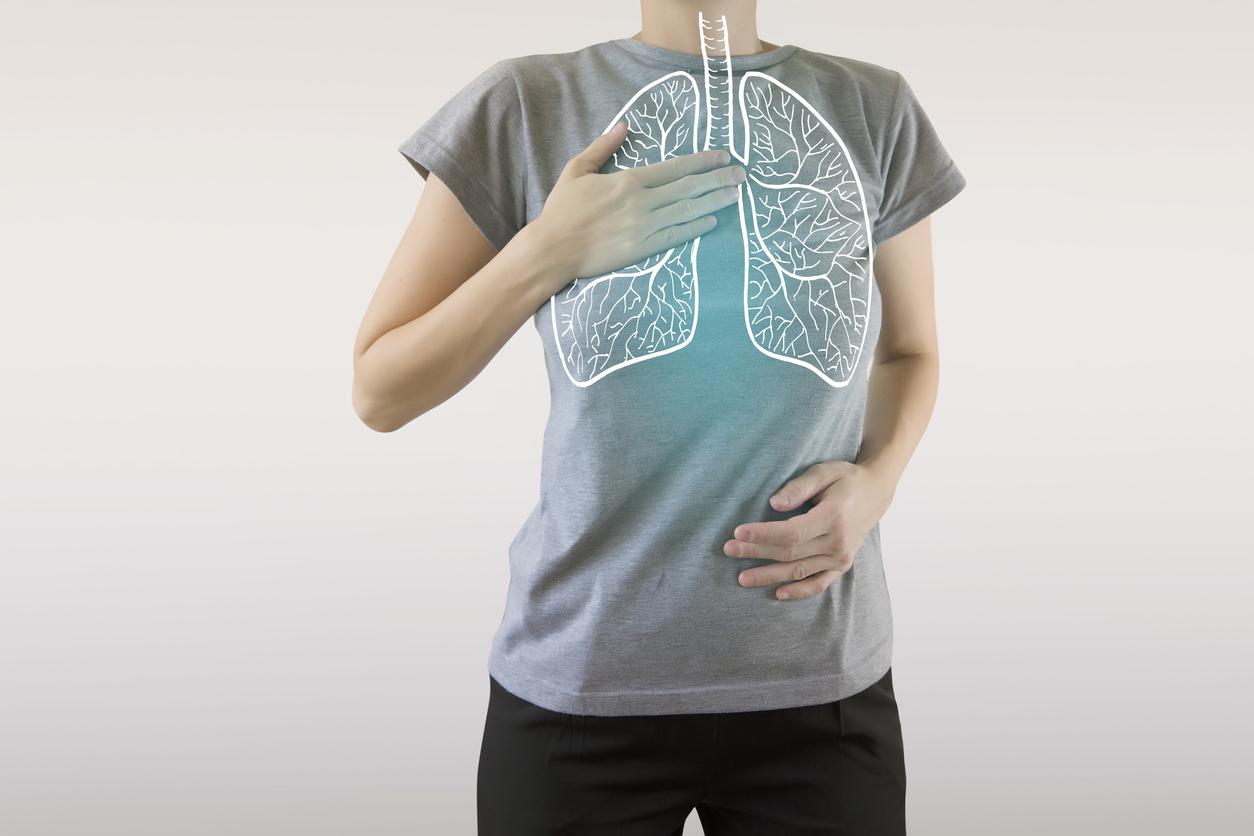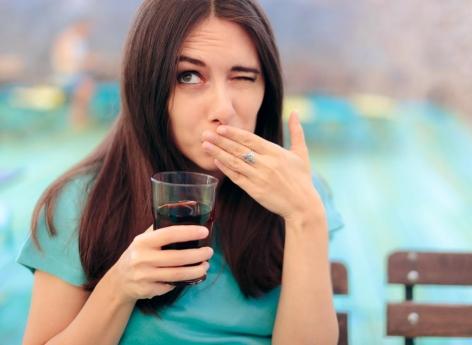It’s called “Squales”, and it’s supposed to make sure that the air we breathe in the Paris metro is moderately polluted. But this device, put in place by the RATP several years ago is far from sufficient, as revealed a study commissioned by the Respire association and the autonomous union of the RATP.
The metro is too polluted, it’s not a scoop, but no one is taking action
In 2019, the alarm bells had already been sounded, because the rate of pollution in the air in the metro was 10 times higher than that on the surface. In 2020, the Council of State even ordered the Prime Minister to: “modify the provisions of article R. 4222-10 of the labor code by setting average concentrations of total and alveolar dust in the atmosphere inhaled by workers in premises with specific pollution in order to protect the health of these workers in the six-month period from the notification of this decision. ” Those six months are coming to an end, and Squales is still the only way to fight this public health problem.
Squales aims to measure the pollution rate in stations. But when we compare with a measurement tool independent of the RATP, we see that the data is not very usable and the devices set up lack performance. For example, in Châtelet, the sensor is “clogged and gives overestimated and inconsistent values“, underlines the study. In Auber, the pollution is extremely high, and the measuring tool is described in good condition, but the RATP has stopped communicating the results of this station …
Good student stations and critical situations
There are air purification systems, the results of which are convincing at the Franklin Roosevelt station, for example. However, to Alexandre Dumas, they do not seem to work properly because on average the air is 5 times more polluted there than outside. In general, researchers observe higher pollution rates in RER stations, which could be explained by trains that are more difficult to brake and therefore the source of more particles.
Respire criticizes RATP and the State, its sole shareholder, for not acting in the face of a public health problem that affects 4 million users and tens of thousands of employees every day. The union and the association have made a request to the RATP: quickly solve the problems of measuring tools and put in place a serious system to fight against air pollution in the metro.
Read also:
- 2 out of 3 cosmetics toxic to health or the environment
- 1 in 2 household products contain toxic substances



